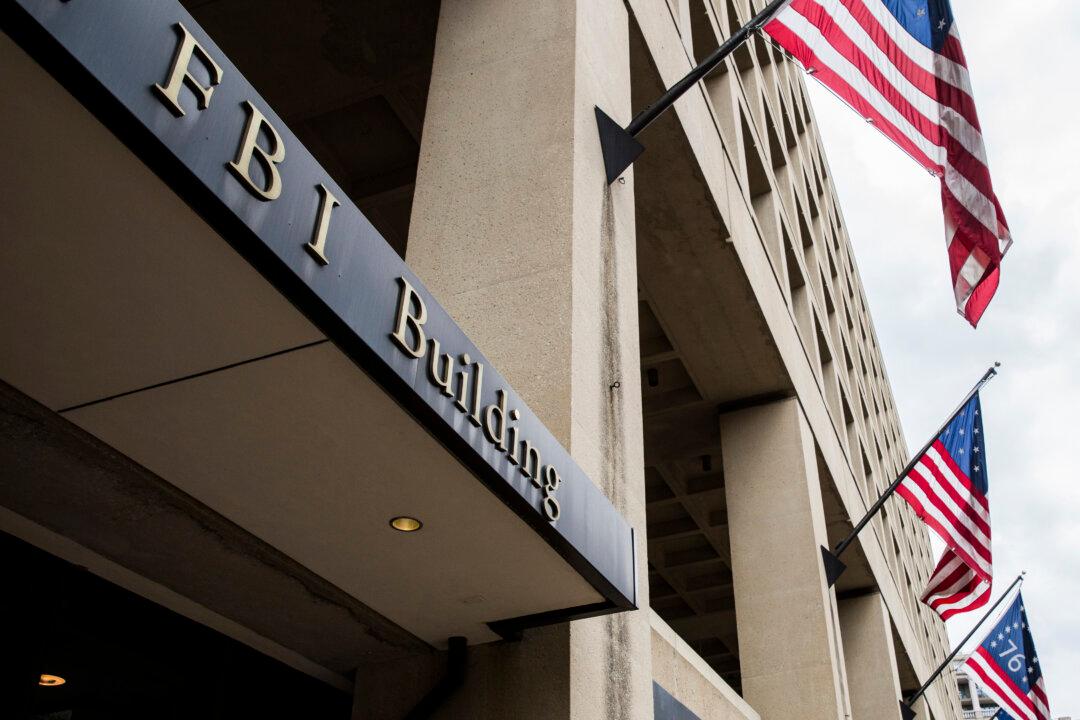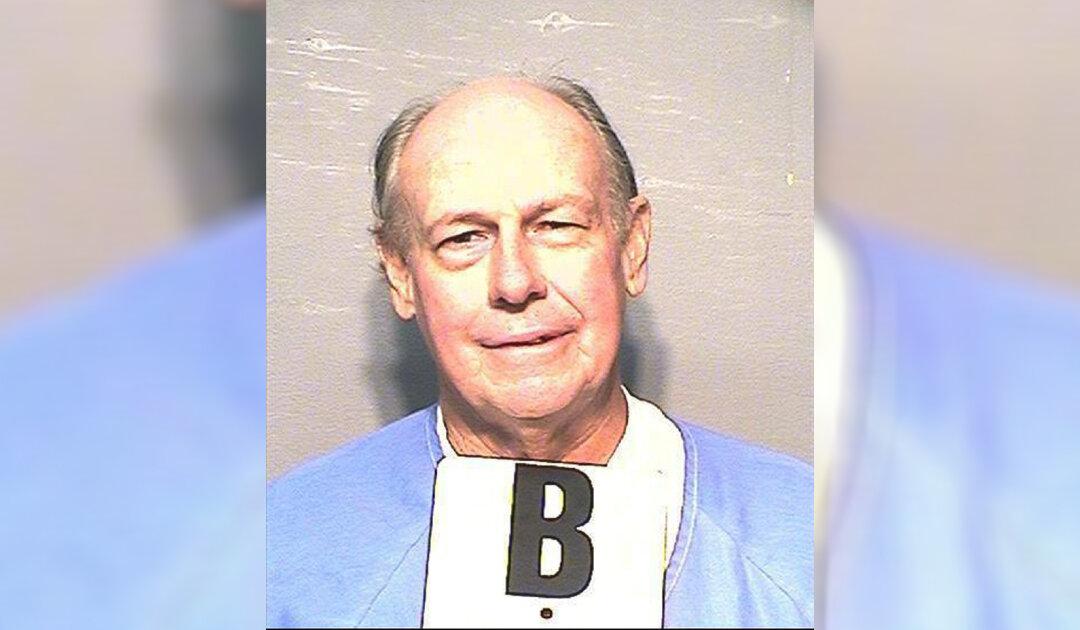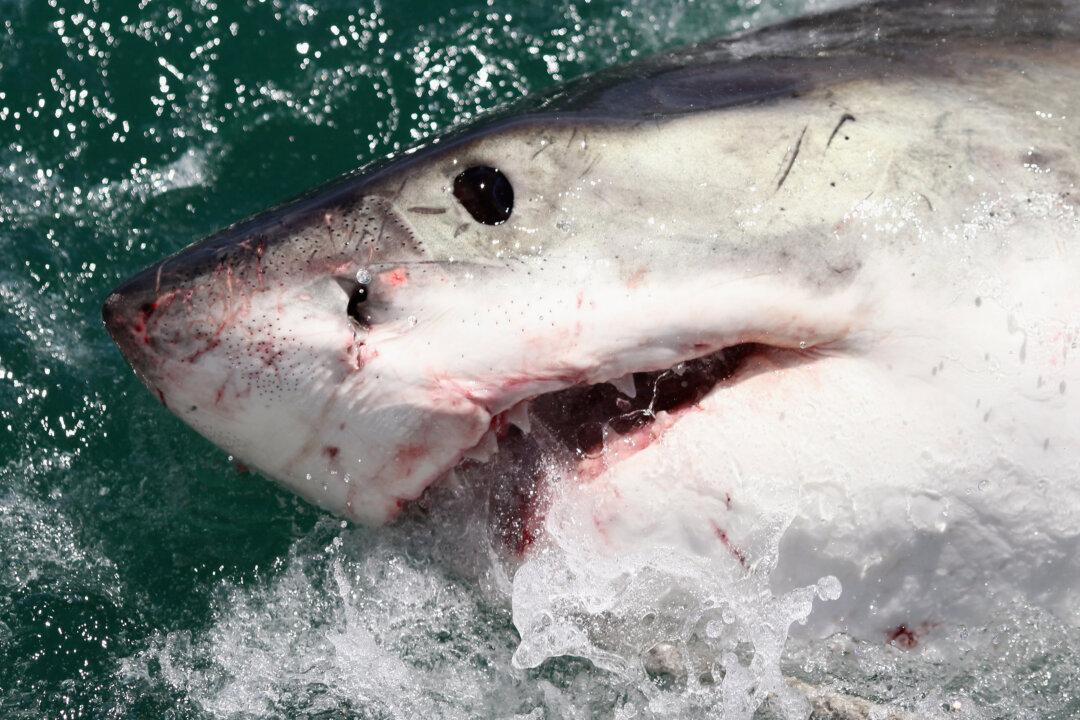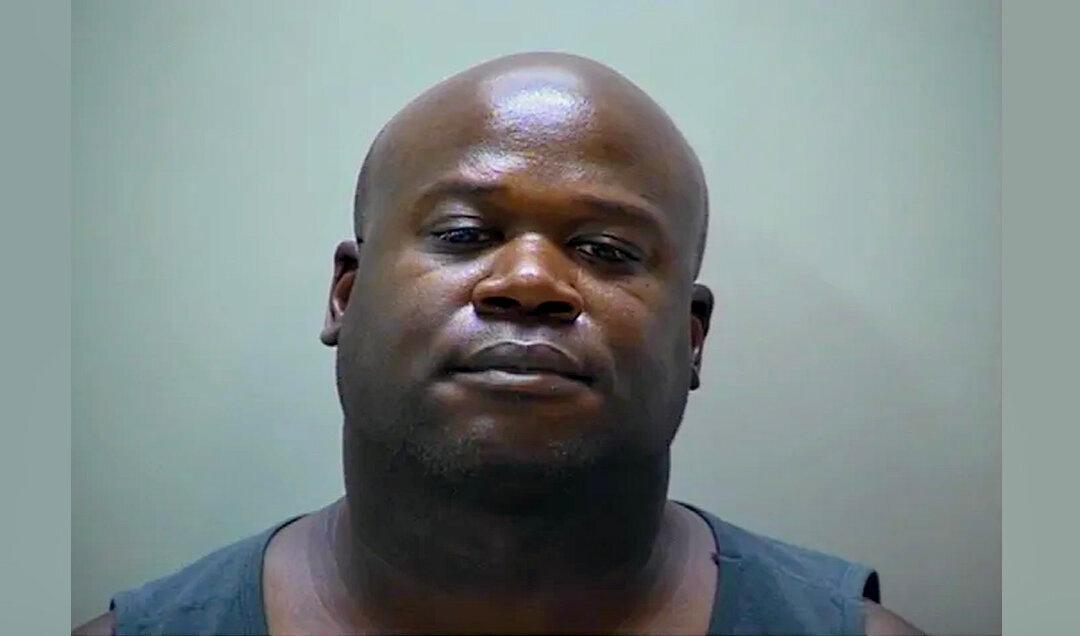An online fundraising campaign launched on March 26 is aiming to give a more suitable home for a kookaburra bird found on sale in a Virginia pet store.
The Bring Thunder Back Down Under GoFundMe appeal hopes to raise A$2,000 (US$1,418) to buy and relocate Thunder the kookaburra, which has been held captive in a cage for about four years at the Virginia Seashore pet retailer.





